
What PCA is & Why You Should Master It
Principal Component Analysis (PCA) is a powerful statistical technique used for dimensionality reduction in data sets. By transforming a large set of variables into a smaller one that still contains most of the information from the large set, PCA helps simplifying the complexity in high-dimensional data.
This course is ideal for anyone looking to increase their skills in data analysis, machine learning, or data science. PCA not only enhances data visualization but also improves the efficiency of predictive models by reducing overfitting. Mastering PCA opens up a deeper understanding of your data, enabling you to uncover hidden patterns and make more informed decisions.
While a basic understanding of statistics and R programming is helpful, it is definitely not required for participation in this course. We begin with the basics, ensuring a solid foundation, before progressing to more advanced topics in a structured and comprehensible manner.
This course guides you through the essentials of reducing data dimensionality, step-by-step.
- Even if… you’re stepping into PCA with no prior experience.
- Even if… you’re familiar with basic statistics, but PCA seems like a big leap.
- Even if… you’re a beginner in R and feel overwhelmed by PCA syntax.
- Even if… you’ve thought to yourself “applying PCA in R is too complicated for me”.
What You Get
Learn the PCA dimensionality reduction technique with our interactive course! Enjoy self-paced videos that cover everything from the basics of PCA to its application in R programming. Refine your theoretical understanding and R programming skills through engaging quizzes that cater to all levels of expertise, and connect directly with the Statistics Globe team and your fellow learners in our exclusive chat group on LinkedIn.
We invite you to join us for weekly public discussions over 5 weeks starting from April 02, 2024. These sessions are designed to complement the video lessons by delving into recent exercises, discussing real-world PCA projects, and addressing any questions you may have in an interactive and supportive environment. These discussions will be conducted in written format within our group chat, providing you the flexibility to engage with them at your most convenient time.
Please note: Our course is structured around a 5-week plan, but the pace at which you progress is entirely in your hands. Whether it takes you several months or just a weekend to complete the course materials is your choice. Flexibility is key, allowing you to learn at a pace that suits your schedule and needs.
Upon completing the course, you’ll retain lifetime access to all videos, learning materials, and resources for revisiting and reinforcing your knowledge at any time. The group chat will also remain open for ongoing discussions, networking, and exchange of ideas with other participants. Additionally, you will receive a certificate verifying your attendance in the course.
Here are some more details on the course structure!
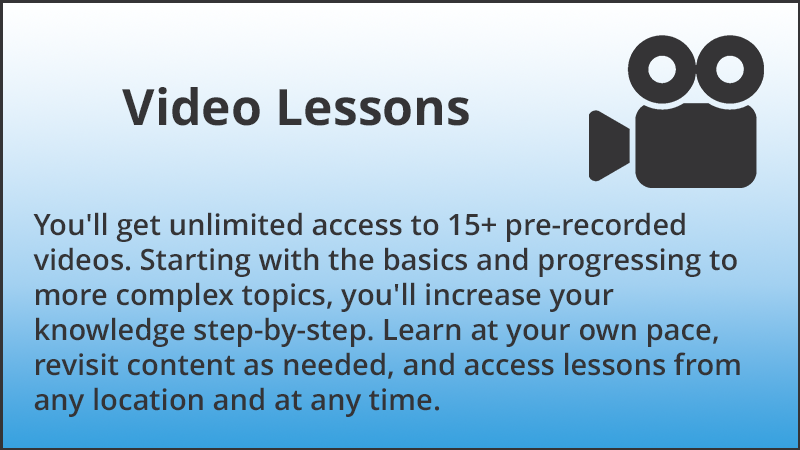



A Peek Inside the Course
Dive into our engaging online course on PCA through easy-to-follow modules, where we balance theory with practical application!
We’re excited to guide you through both the foundational theory of PCA and its implementation in R programming, making complex data sets more manageable. You’ll learn key concepts of PCA, how to apply these techniques to real-world data, and strengthen your machine learning and data analysis skills.
While focused on elevating your proficiency in PCA, this course also deepens your understanding of R, statistics, and data science as a whole, opening doors to new professional opportunities.
Whether you’re new to R programming or looking to enhance your existing skills by understanding PCA deeply, this course is tailored for you.
Here’s the table of contents of the entire course! You will receive video lessons, simple to advanced exercises, as well as additional learning materials on each of those topics.
Table of Contents
- Course Structure & About the Instructor
- Getting Started with PCA
- R Setup & Relevant Libraries
- Introduction to PCA in R [Free Preview]
- In-depth Concepts of PCA
- Exploring PCA Elements in R
- Optimal Component Selection in PCA
- Visualization of PCA Results
- PCA for High-Dimensional Data
- Potential Challenges in PCA
- Data Preparation before PCA in R
- Beyond Traditional PCA & Alternatives
- Summary & Further Resources
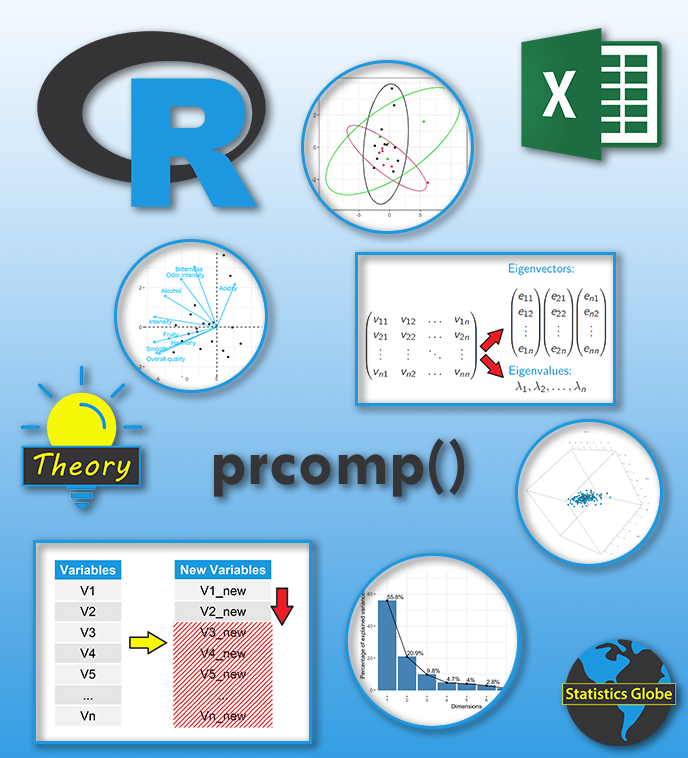
Love It or Return It: 30 Days Money-Back Guarantee
Your purchase is absolutely risk-free with our straightforward money-back guarantee! We are confident that our course will not disappoint you.
However, if you don’t like what you see, you can get a 100% refund up to 30 days after the course has started.
Meet Your Instructor: Joachim Schork
Hey, I’m Joachim Schork and back in the days, when I started my journey as a programmer and statistician, applying statistical methodology in R programming felt like an impossible challenge to me.
After finishing my bachelor’s degree in Educational Science, I decided to focus more on programming and statistics, but when I started my master’s in survey statistics, I felt hopeless. Do you know that moment when you scream at your PC screen after several hours of unsuccessful coding attempts?
Since the start of my educational journey, I have used online resources to complement the university’s official learning materials. This has helped me a lot, but at the same time I felt like I was often spending too much time on a video or blog article because many of these resources don’t get straight to the point.
This was one of the reasons why I founded Statistics Globe more than five years ago. Meanwhile, I had completed my master’s degree, got my first job at a national statistical institute in Europe, and was rewarded with an EMOS certificate that approves special knowledge in the field of official statistics. I had gained extensive knowledge in the area that I wanted to pass on.
However, I didn’t want to create endless tutorials that didn’t fulfill the need of its users. Instead, I created straightforward content designed to guide users to solutions for their problems as quickly as possible.
Now, five years later, Statistics Globe has gained:
20 million clicks
on the website
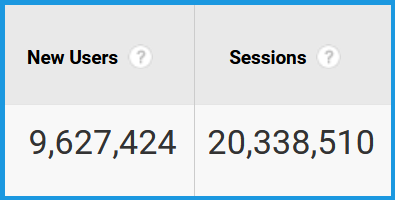
3 million clicks
on YouTube videos
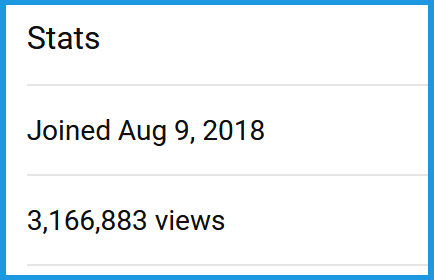
50 thousand followers
across Social Media platforms
- 26,161 YouTube Subscribers
- 19,725 Facebook Group Members
- 6,112 LinkedIn Followers
- 6,113 X/Twitter Followers
This is such an incredible success, and I’m so thankful to everybody who participated in this journey! And please don’t get me wrong: I don’t want to brag about these numbers, but I think they can show you that my content works.
With this online course, I’ve combined all of this experience and knowledge into a single resource on how to use the R programming language to apply PCA – one of the most popular methods in statistics and machine learning.
However, the aim of this course extends beyond understanding how to apply this method; it’s also about enriching your data science skill set in general.
This course is a big milestone for me, and I’m so excited. I love exchanging with other data enthusiasts, and I am looking forward to our discussions in our exclusive group chat. I promise that I will invest all my passion and a lot of time into this course to make it an outstanding experience to all of us.
I’m not the only one who will support you in this course, though! The entire Statistics Globe team is ready to answer your questions, no matter if you have problems understanding any of the lessons or exercises, or if you have technical issues with the R software, the example data, or the add-on packages that we’ll use in the course.
At this point, I want to express my profound appreciation to all the team members at Statistics Globe for their tremendous support in developing this course. Special thanks to Cansu Kebabci for her pivotal role in content conception and to Micha Gengenbach and Matthias Bäuerlen for their exceptional contributions to video editing and marketing. Their efforts were crucial to the success of this course.
In case you have further questions or anything else you would like to talk about, feel free to email me to joachim@statisticsglobe.com, write me via the contact form, or send me a message via my Social Media channels.
By clicking this button, you’ll be added to a waiting list to receive future updates about the course. I’d be honored to welcome you to the upcoming course. 🙂
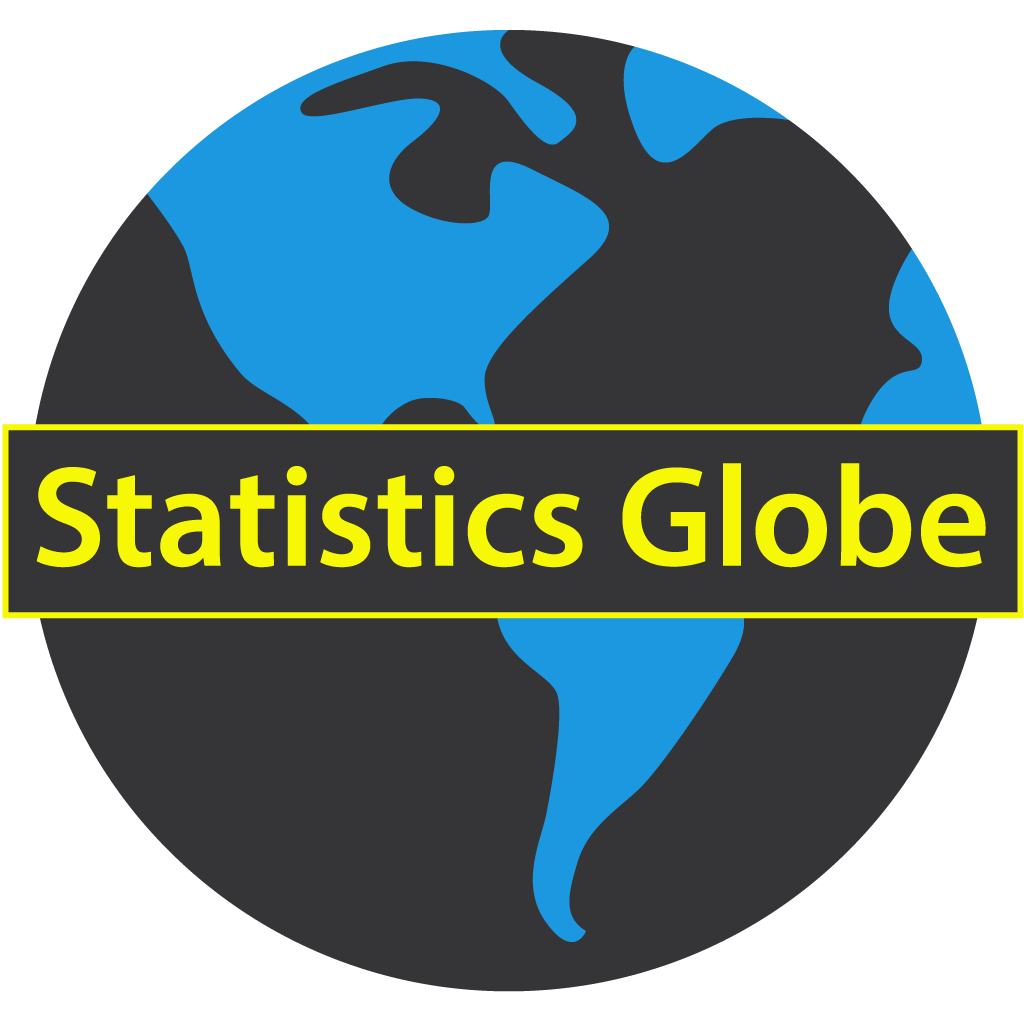







28 Comments. Leave new
Good luck 🙂
Thank you so much for the kind wishes, Jimmy! 🙂
Regards,
Joachim
Dear Prof Joachim;
Science R, especially PCA is used by many research scholars, university lecturers, MSc, Ph.D., and Post-doc students. I am a part of these. I have used a few but I want to get to know it more thoroughly and am keen to use it in the future as well. However, the payment terms may not be suitable for me. So I would kindly and lovingly ask you to provide us with a direction that I can follow for free. Thank you very much for your invaluable effort and time for consideration.
Best regards!
Hey Gemechu,
Thank you very much for your kind comment and your interest in the course. I understand your situation, but unfortunately, I’m not able to give away the course for a cheaper price. It takes me a lot of time to develop and run the course, and I cannot do that without a compensation. I hope you understand! However, you can still watch all the videos on my YouTube channel for free. You will also find some PCA videos there.
All the best,
Joachim
Ok
Hey Sergio,
Thanks for your comment. Please let me know if you have any questions about the course. 🙂
Regards,
Joachim
Hello!
O want to ask do you provide any financial assistance for this course?
I will be glad to join it .
Waiting for your response.
Thank you
Hey Faryal,
Thank you for your message and your interest in the course. Unfortunately, I’m unable to give away the course for a cheaper price. It takes me a lot of time to develop and run the course, and I cannot do that without a compensation. I hope you understand!
However, in case you cannot join the course this time, you can still watch all the videos on my YouTube channel for free.
All the best,
Joachim
Any student discounts
Hey Vinodkumar,
There was a 50% discount for the first 30 participants, but these spots were already taken. Unfortunately, there are no further discounts available anymore.
Regards,
Joachim
Good evening, I am trying to switch career into Business Intelligence Analyst or Business Data Analyst, or related. I have been taking courses on R, data visualization, Python, but still I feel I have basic knowledge on these subjects. I already have degrees BS in Business and Finance, MBA in Accounting. As I do my search for these positions, I see that R and Data analysis and Python skills are required for these position. I do not see Principal Component Analysis (PCA) as one of the requirements but overall R is a requirement. Is this a good course to take in my pursuit interest ? second if you can recommend a python courses that can help me to take my Python skills from basics to mid level and get stronger with Python skills it would be great.
Hi David,
Thanks for sharing your background and your interest in the course. PCA is a technique that is applied in many different fields, such as Finance, Consumer Behavior, Neuroscience, Genomics, Climatology, and so on. I think it would be a nice addition to your skill set as well. Furthermore, you will improve your general R programming and statistics skills by doing this course.
However, if you’re seeking a course that focuses only on the basics of R or Python, this course may not be the ideal choice for you right now. You can find a free introduction to R video on my YouTube channel. I don’t have such a general video on Python yet, but maybe this introduction to DataFrame manipulation using pandas in Python helps.
All the best for your learning progress!
Joachim
I tried to execute the Module 4 [Course Preview] R code . Cannot locate the data file “Introduction to PCA Synthetic Data.csv” needed for this course preview. Hard to get the full course preview experience without the indicated CSV.
Hey Scott,
Thank you for your interest in the course. Please note that the “Introduction to PCA Synthetic Data.csv” file is available exclusively to enrolled participants. I hope to see you in the course soon, where you’ll gain access to all the materials. 🙂
Best regards,
Joachim
Plant Breeding and genetics
Please list some syntax for alpha lattice design
Hey Muluken,
Thanks for your comment. I would need some more info to be able to help.
Regards,
Joachim
Do you plan a PCA Python course ?
Hey Cesar,
At the moment, I have no plans to pursue this, but it could be an interesting idea for the future. I’ll keep you informed.
Regards,
Joachim
Nice. Exciting
Thank you Guy, glad you are interested in the upcoming course!
Regards,
Joachim
Dear sir
I intend to grab this opportunity, but I have no 150$ as I have only fair of transport from and to university. There exist concession for the student to acces such training.
Hey Faisal,
Thanks for reaching out and expressing your interest in the course.
The discount was available to the first 30 registrants, and those spots have been filled already. While I comprehend your circumstances, I regret to inform you that I cannot offer additional discounted seats. The development and execution of this course require significant effort and cannot be sustained without adequate compensation. I hope you’ll understand.
Nonetheless, you have the option to access all the videos on my YouTube channel at no cost.
All the best,
Joachim
Hello just checking whether the course will be covering PCA with discrete (categorical) datasets?
Hi Petere,
Thank you for your kind words and interest in the course. We will briefly cover PCA for categorical data, but our primary focus will be on traditional PCA involving numeric data.
Best regards,
Joachim
Wating list
Hey Mohamed,
It’s great that you’ve joined the waiting list. I’ll keep you updated when the course will take place the next time.
Best regards,
Joachim
I have purchased the course, Principal Component Analysis (PCA) in R programming, but I cannot find the link to access the course. Could you please send it to me?
Hey Kaven,
Thank you for your message. I have replied to your email with detailed instructions on how to access the course materials.
Please let me know if you have any further questions.
Regards,
Joachim